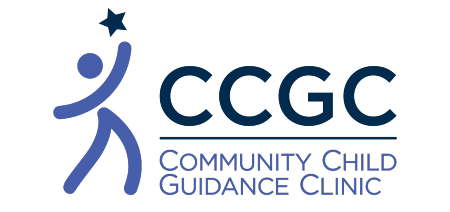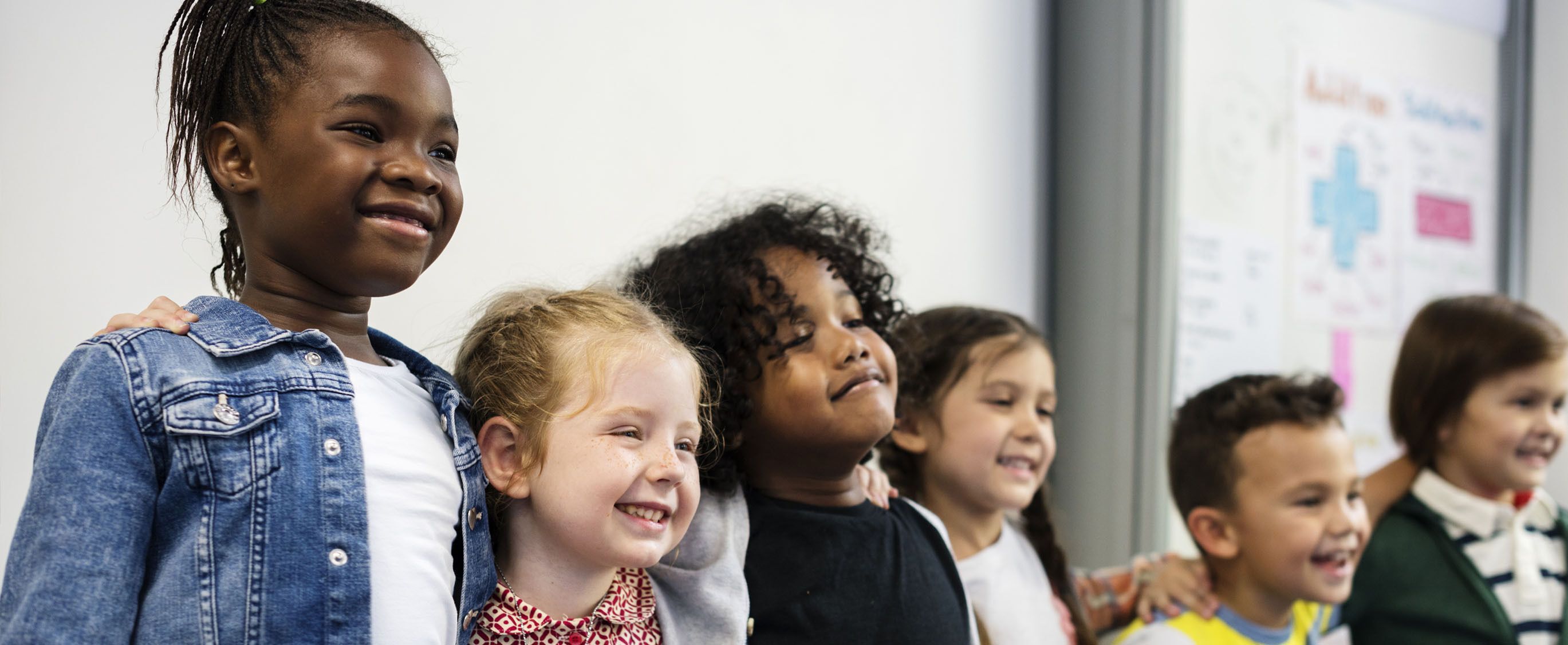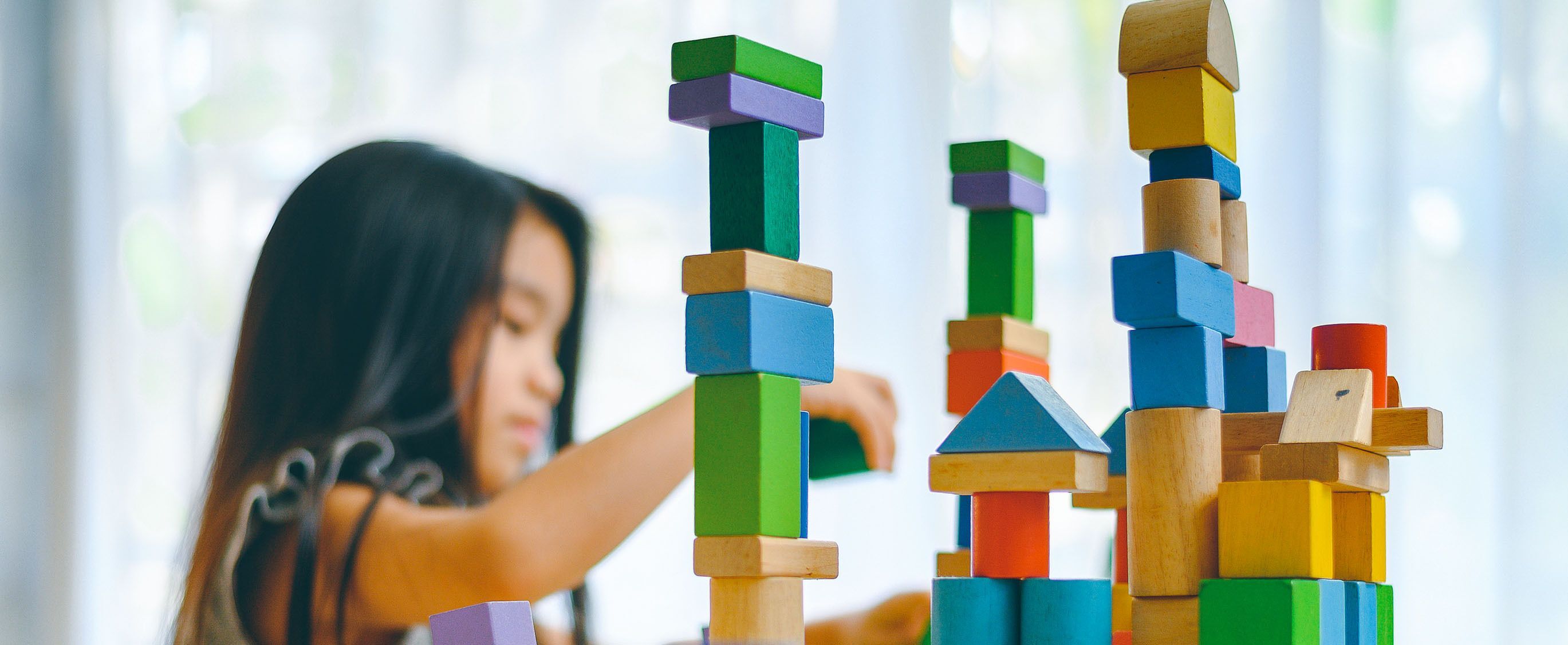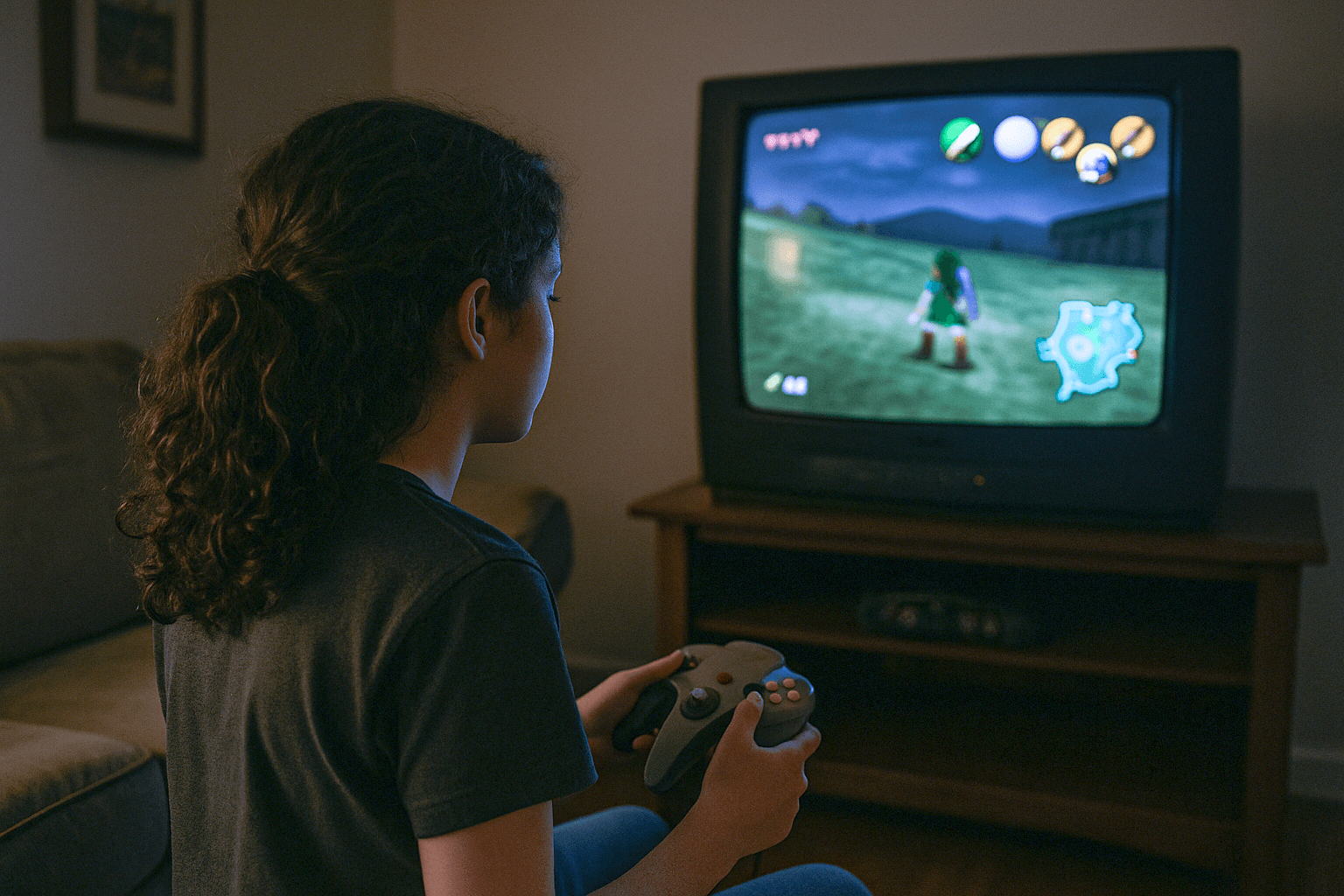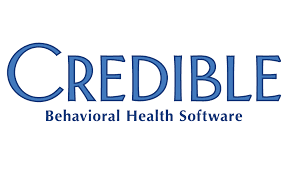
Programs and Services at CCGC
-
CCGC School provides special education and behavioral support for children in need of an alternative to a mainstream classroom setting.
-
The North Star Program is an 8-week clinical day program for children ages 5-12 who struggle with social, emotional, and behavioral difficulties.
-
CCGC's Outpatient Counseling Center provides weekly and bi-weekly therapy appointments with both in-person and telehealth options, as well as multiple treatment modalities, group therapy, and services for victims of crime.
-
IICAPS is a home-based, family-focused treatment program that helps children and adolescents up to the age of 18.
What’s going on at CCGC
Serious impact for your community.
-
Years of Experience
67
-
Towns Served
48
-
Children Helped Last Year
881

News & Notes
What really happens during a child's psychiatric evaluation? This post answers common parent questions about diagnosis, testing, medication, and how thoughtful, collaborative care supports children and families.
The return to routine after the holidays can be hard for children. Learn why this happens, what signs to look for, and how to support your child with patience, balance, and compassion.
Video games can be fun, creative, and even beneficial. But when does gaming cross the line into something unhealthy? This article helps parents understand the risks and benefits of gaming, what ‘gaming disorder’ really means, and practical tips for setting healthy limits while keeping playtime positive.
